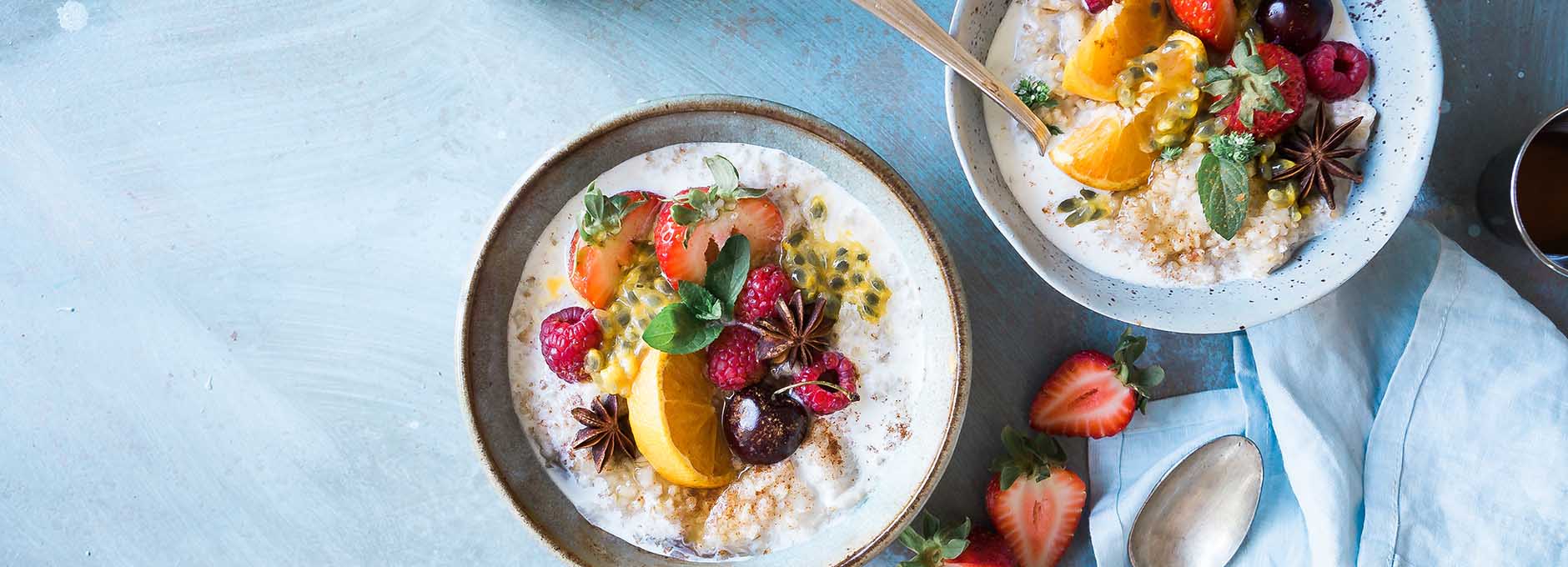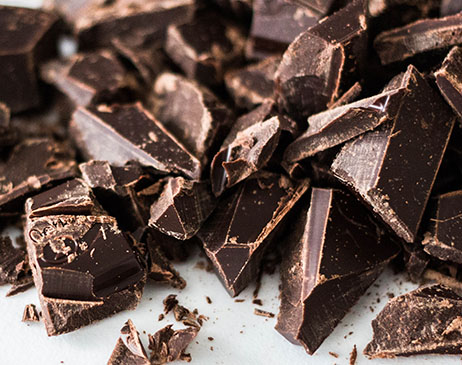How to Achieve Healthy Weight Loss
Track Your Weight
How to Achieve Healthy Weight Loss

While it can be tempting to drop the pounds as quickly as possible, healthy weight loss is done in a way that’s sustainable and doesn’t cause your body distress. How much should you aim to lose per week? Let’s take a closer look.
What is healthy weight loss?
Losing weight fast is unlikely to mean you keep it off. It can also wreak havoc on your metabolism and come with a serious set of health risks. The healthiest, and most effective, way to lose weight for the long-term is to lose it gradually.1
How much weight is healthy to lose in a week?
According to the experts, losing 1–2 pounds per week is a healthy and safe rate for most individuals.2 This is between 0.5-1kg.
The risks of losing weight too fast include:
- Slows down metabolism (meaning you burn fewer calories per day)
- Nutritional deficiencies
- Muscle loss
- Weakened immune system
- Brittle bones
- Hair loss
- Extreme fatigue
Yo-yo dieting
In most people, unhealthy, fast weight loss also means they regain what they’ve lost later down the line. It can lead to a cycle of yo-yo dieting also.
This is also known as ‘weight cycling’ which describes the pattern of losing weight only to regain it again, causing weight to go up and down like a yo-yo.3 This can lead to more weight gain over time.
So, when it comes to health – and keeping it off, slower weight loss is the way forward. Avoid fad, crash, or otherwise ‘fast’ diets.

How to lose weight healthily
Truthfully, the secret to sustainable, long-term weight loss is being in a moderate calorie deficit.
So, what does that actually look like?
One pound (lb) of body fat contains around 3,500 calories. So, to lose 1 lb of fat in a week, you would need a deficit of 3,500 calories, or 500 calories per day. To lose 2 pounds, you would need a deficit of about 7,000 calories. It’s not recommended to go over a 7,000 calorie deficit.4
How to create a calorie deficit
Your basal metabolic rate is the number of calories needed to perform your body’s basic functions, i.e. how many calories you burn even while resting. It will depend on your age, sex, height, weight and activity level5
To lose weight you need to burn more calories than your body uses, which can be done through a combination of diet and exercise:
- Eat fewer calories than you burn each day
- Increase physical activity6
- Count calories to give you an idea of how much you’re eating and where you can cut down
Healthy ways to lose weight
Here are some tips to help you reach your goals in a healthy and sustainable way.
#1 – Eat regularly
Eating regularly throughout the day helps burn calories at a faster rate7 It also suppresses hunger, reducing the chance of overeating, or craving high-sugar, high-fat options.
#2 – Don’t skip meals
Losing weight doesn’t mean you need to go hungry. In fact, that will be counterproductive.
Skipping meals will not help you in your mission to lose weight, as it can mean you feel hungrier throughout the day and you may end up eating more than you would normally. While intermittent fasting can be a useful weight loss tool, it’s important you don’t eat too little.
#3 – Load up on fruit and vegetables
Fruit and vegetables are a key part of healthy eating, as they’re loaded with nutrients, fibre and vitamins. They’re also low in calories while being high in volume, helping you stay fuller for longer.
#4 – Drink more water
Hydration is key for weight loss for a number of reasons. It helps you stay full, burn more calories and eat less during meals.
#5 – Don’t ‘ban’ foods
Completely cutting out foods, or whole diet groups, will only make you crave them more. It can also create an ‘all or nothing’ mentality where you eat more than you would normally, which can sabotage your weight loss efforts. Everything in moderation is a much better approach to take. There’s no reason why ‘treat’ foods can’t form part of your weight loss programme.

#6 – Avoid temptation
Avoid temptation by keeping certain foods, such as junk food, out of reach. Not buying them can make the cravings easier to resist. Out of sight, out of mind after all!
#7 – Eat more protein
There’s plenty of evidence that demonstrates that a high-protein diet can be beneficial for weight loss:
- Helps reduce appetite
- Has a high thermic effect (meaning it burns more calories to digest)
- Promotes fullness
- Increases muscle mass8
#8 – Eat more fibre
Eating food rich in soluble fibre can be a useful weight loss tool9 It’s been shown to reduce appetite, in turn, decreasing calorie intake. This is because soluble fibre is slow to digest, helping you stay and feel full for longer10 Sources include beans, vegetables and brown bread, rice or pasta.
#9 – Reduce alcohol intake
Alcohol can sabotage weight loss efforts, as it can be high in calories while providing very little nutritional value. It can also lead you to eat more than you would normally, as you may feel hungrier and make poor food choices. It can also stop your body burning fat11
#10 – Prep your meals
Planning and prepping your meals in advance can help you make healthier choices, reduce temptation and the chance to overeat.
#11 – Increase activity levels
The higher your activity levels, the more calories you’ll burn and the greater your deficit. This will make it easier to lose weight. There are many types of exercise you can do, such as running. However, you don’t need to spend hours in the gym or working out, even going for daily walks can be an excellent way to lose weight.
#12 – Eat off smaller plates
Portion control is key when trying to shed the pounds, and eating off smaller plates can be a good way to ensure you don’t overeat. It can also trick your brain into thinking you’re eating more than you actually are.

#13 – Drink caffeinated beverages
Coffee, green tea and other drinks can be useful for suppressing appetite and helping you stay feeling full. Caffeine has been shown to boost metabolism, helping you burn more calories. It’s important not to drink too many calories, but these beverages can be relatively calorie-free (if you skip the milk and sugar!).
#14 – Read the labels
Some foods can be marketed as ‘weight loss products’ but could actually be sabotaging your efforts. Ensure you look at serving suggestions, calories, as well as sugar and fat content.
#15 – Cut back on refined carbohydrates
Refined carbs, such as white bread and pasta, have been stripped of much of their nutritional value. Instead, they contain higher sugar levels. Refined sugar can cause the blood sugar to spike rapidly, and then crash, leading to hunger, cravings, irritability and fatigue12
#16 – Carry healthy snacks
For many of us, hunger leads to cravings and unhealthy food choices. So, bring healthier options with you when you’re out and about to reduce the risk of this.
#17 – Get more sleep
Quality sleep is as important for your health as good nutrition, however it’s easily overlooked. Regular poor night’s rest is closely linked in obesity, so it’s essential you get enough.
Slow and steady wins the race
Rapid weight loss is unsustainable, so while it might be tempting, it’s important you avoid this. Aim for a moderate calorie deficit, this is the best way to not only lose weight – but keep it off for good. Prioritise health always; put yourself first.